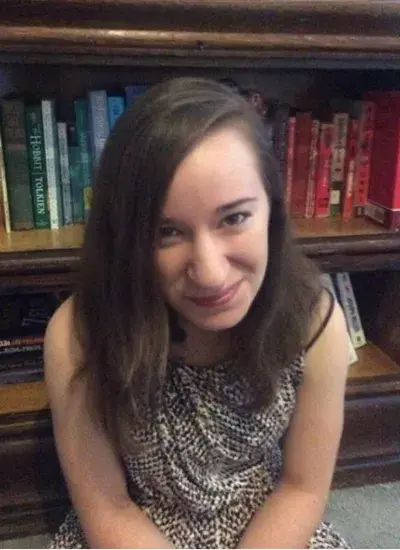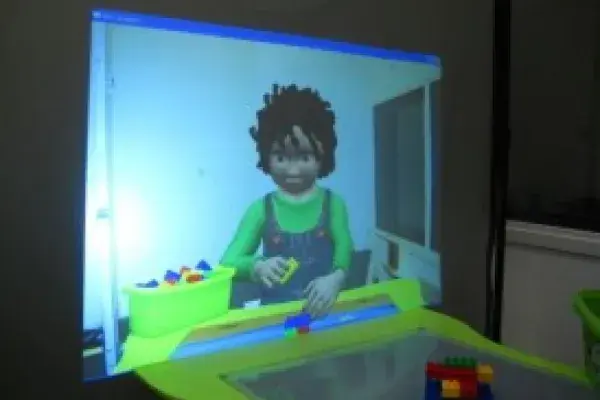Samantha Finkelstein
UX Consulting
Human-Computer Interaction Institute

I'm interested in reflection, identity, inquiry, acceptance, and how we can use technology to help bring all of those things to little kids. Mostly, I want to make the world a happier place.
My current work is motivated by the fact that students start school with a wealth of different cultural backgrounds and experiences, though these experiences are often not explicitly valued in the classroom (or in society). Well-intentioned teachers tell us that they want to protect their students of color from an unfortunate reality of prejudice, though often these teachers do not have the resources to help students learn to navigate between cultural frames in a way that is truly supportive. This creates a spiral of no-good-very-bad-things, where many students learn from an early age that the classroom is "not for people like them."
Though one of the main benefits of educational technologies is their ability to offer personalized learning, many technologies are still designed with a one-size-fits-all approach to culture. Culturally-sensitive technologies, instead, take the students' cultural and linguistic backgrounds and experiences into consideration to promote student learning and engagement. We argue that truly culturally-sensitive technologies are based on an understanding of the social factors / contexts within and surrounding an interaction, and then model these outcomes within a socially-informed and dyadic framework. We use virtual peers - life-size artificial intelligence systems that look and act like children - to explore how we can leverage students' learning experiences as well as promote pride in their heritage. It is our goal for these systems to eventually not only be used to support students on an individual level, but to help improve the classroom culture to be more accepting and supportive of all students.
Research Interests
Culturally-aligned educational technologies, human-agent interaction, human-human interaction, reflection, science inquiry, language ideologies


